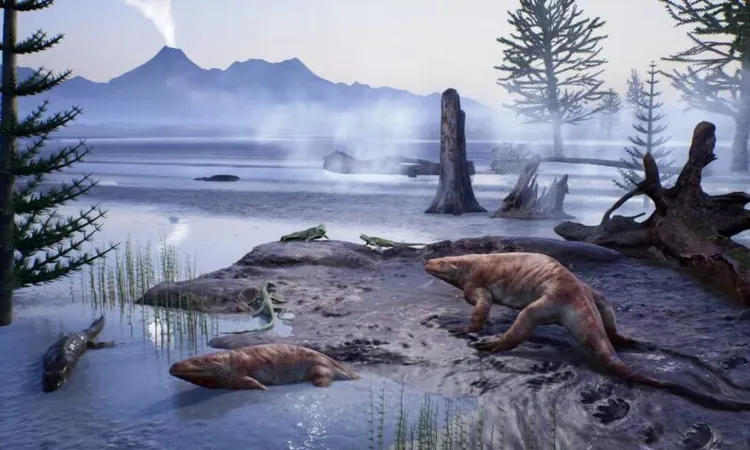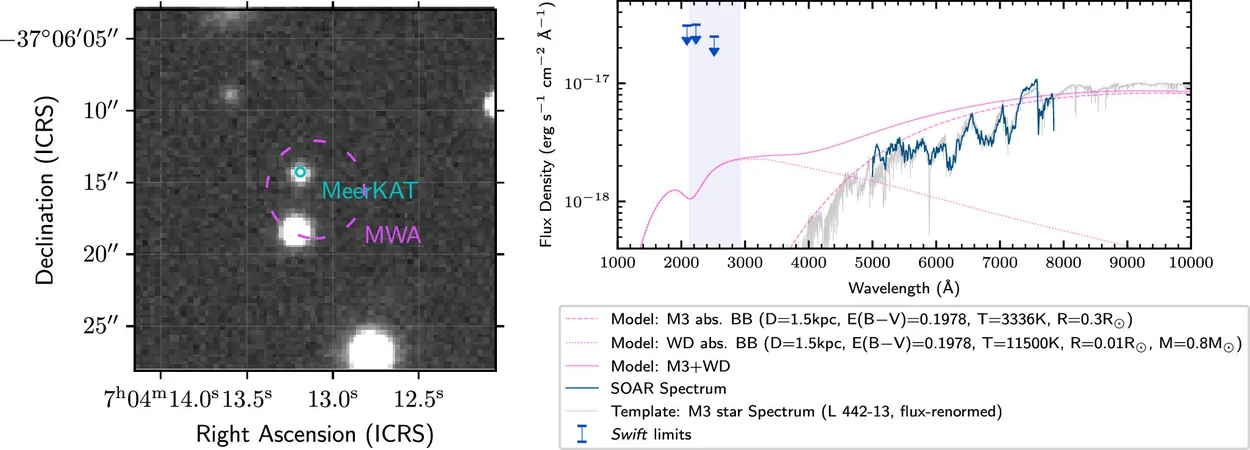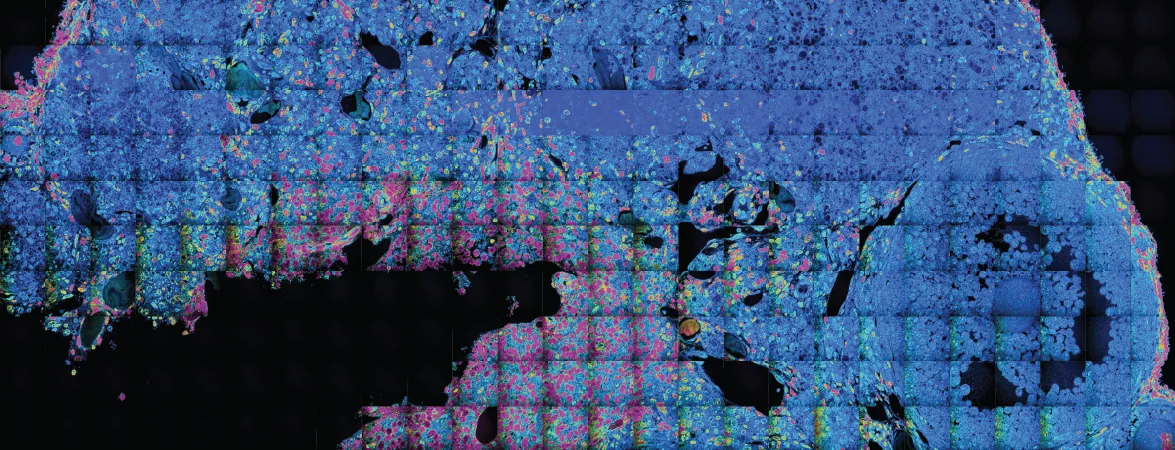
Ancient Ecosystem Unearthed in the Italian Alps: A Window to Prehistoric Life!
2024-11-23
Author: Nur
In a remarkable turn of events, Claudia Steffensen, an adventurous hiker, stumbled upon a significant paleontological discovery while exploring the stunning Italian Alps in 2023. As she walked across a seemingly ordinary rock formation, she noticed something unusual—a distinct footprint etched into the stone. Little did she realize, she had just uncovered remnants of a 280-million-year-old ecosystem from the Permian era.
Steffensen described her initial reaction, stating, “The rock struck me as odd, as it seemed more like a slab of cement. I then noticed these strange circular designs with wavy lines. I took a closer look and realized they were footprints.” Sensing the importance of her find, she shared photographs with a nature photographer friend, who subsequently forwarded them to Cristiano Dal Sasso, a renowned paleontologist. This marked the beginning of an extraordinary research project that would unveil an ancient world.
Rock Zero: A Prehistoric Treasure
Dubbed "Rock Zero," this discovery soon led researchers on a thrilling excavation in the Valtellina Orobie mountains. The initial footprint was identified as belonging to a prehistoric reptile, and further investigations revealed a fascinating array of fossilized tracks left by various creatures, including insects, arthropods, amphibians, and reptiles from the Permian era—long before the age of dinosaurs. Some of these ancient beings measured between two and three meters long!
“The imprinted steps occurred when the sandstones and clays were still soaked in water,” explained researcher Ausonio Ronchi. As the summer sun dried the surfaces of these sediments, they hardened enough to allow the fossilized prints to survive, protected by layers of newly deposited clay. The team has additionally discovered numerous fossilized seeds, plant fragments, and even impressive imprints of raindrops—each telling a story of life long lost.
“The extraordinary detail preserved in the fine-grained sediments includes delicate imprints of animal fingertips and belly skin,” stated sedimentology expert Lorenzo Marchetti. Such intricate details provide a rare glimpse into the biology of these ancient creatures.
A Timely Warning
In response to this miraculous discovery, modern technologies are being employed to meticulously map the fossilized remains. Drones are surveying cliff faces, while helicopters are carefully airlifting boulders to ensure that the specimens are not lost to deterioration. October marked the first time that Rock Zero was transported for detailed scientific analysis.
Interestingly, while this discovery offers a window into an ancient world, it also serves as a stark reminder of climate change. For millennia, ice and snow concealed this hidden ecosystem, but only in recent years has it been exposed due to rising temperatures. Researchers emphasize that the Permian era was marked by a rapid global warming event that saw the extinction of 90% of species—a fate that mirrors the current trajectory of our planet.
As scientists unearth the secrets of the past, they not only deepen our understanding of prehistoric life but also highlight the urgent need to confront the implications of climate change today. Will we heed the lessons from 280 million years ago? The clock is ticking.



 Brasil (PT)
Brasil (PT)
 Canada (EN)
Canada (EN)
 Chile (ES)
Chile (ES)
 España (ES)
España (ES)
 France (FR)
France (FR)
 Hong Kong (EN)
Hong Kong (EN)
 Italia (IT)
Italia (IT)
 日本 (JA)
日本 (JA)
 Magyarország (HU)
Magyarország (HU)
 Norge (NO)
Norge (NO)
 Polska (PL)
Polska (PL)
 Schweiz (DE)
Schweiz (DE)
 Singapore (EN)
Singapore (EN)
 Sverige (SV)
Sverige (SV)
 Suomi (FI)
Suomi (FI)
 Türkiye (TR)
Türkiye (TR)